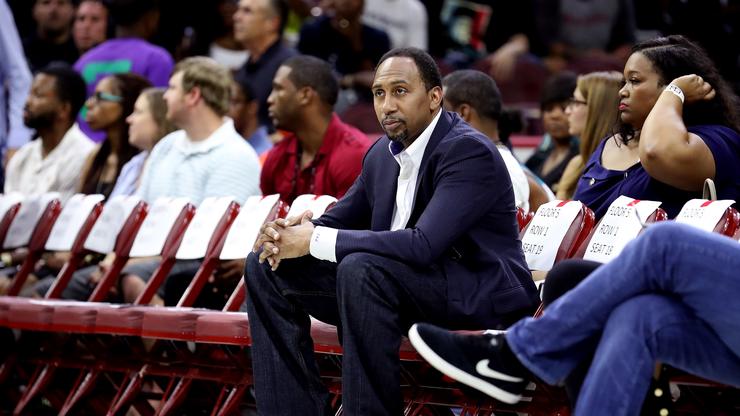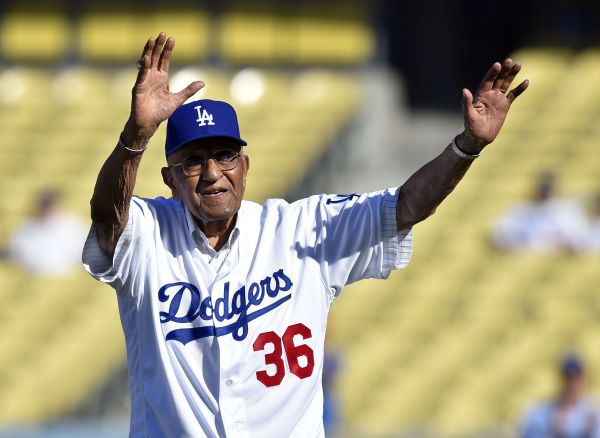It is easy to get caught up in Hollywood’s versions of true story tropes that haunt most sports biopics. There is a tendency to highlight extremes as these are deemed dramatic, thus entertaining. But what I found so endearing about the film Race is its dedication to being as sincere an offering as an industry designed on marketing fantasy could possibly muster.
The life of Jesse Owens certainly deserves to be looked upon with a sincere lens, and this film does so by not shying away from the socioeconomic, racial, and political times that made Owens legendary.
At the 1936 Berlin Games, Owens won four gold medals, in the 100m, 200m, 4x100m relay and the long jump. He managed to break or equal nine Olympic records and also set three world records. One of those world records was in the 4x100m relay.
Growing up in a poverty-stricken household, attending Ohio State University during the Jim Crow Era, in the film, Owens’ personal failings were also brought to life. It wasn’t some cartoon version of the story only meant for distribution to kindergartners for Black History Month, but a full-bodied cinematic offering that is to be admired on its own merits as a great piece of work.
Actor Moe Jeudy-Lamore, who plays OSU runner Mel Walker in the film, told The Shadow League that some of the more racially tense moments were a bit much to bear.
Unfortunately, [there was] a lot of anger,” said Jeudy-Lamore. “Even though you know that they’re acting and its scripted words, it still hurts. Even though you’re playing a role, it hurts.”
Jason Sudeikis plays Track & Field coach Larry Snyder, a washed-up former Olympic hopeful who only got the job at Ohio State as a favor from a friend. He is both comedic and tragic but never fails to support Owens and guide him in the right direction.

“Those guys started out as just being a black athlete and white coach on a campus where blacks weren’t even allowed to play football,” said Sudekis. “It’s amazing how far we’ve come in (less than a century). We still have a way to go, but at the same time, that was all there. Regarding chemistry, it’s always good to work with people that are better than you are just to keep you on your toes. Stephan and I, we hit it off from jump.”
While on the red carpet at the Race premiere, I asked star, Stefan James, what it was like to play such an icon.
“He was not just any person,” James said. “He was the great Jesse Owens. It’s one thing to do a film but it’s another to do a film about Jesse Owens. I knew the responsibility and the importance of this right away. I had to do my research to make sure I was being accurate to him; both as a person and as an athlete.”
With diversity in Hollywood always being at the forefront of discussions as the Oscars approach, I asked director Stephen Hopkins if he had any initial concerns about tackling Jesse Owens’ story and changing the narrative to flavor the film for consumption by the American majority.
“I wanted to make sure that the film was accurate to Jesse Owens family,” said Hopkins. “His three daughters came on right from the beginning and I told all the actors, ‘Look, I don’t want to make a white guys film. Tell me if I’m screwing up on anything.’ The key is not to judge everything. Just tell everything as it is.”
Actor Shamier Anderson plays Eulace Peacok, the premier collegiate rival and the only person to ever beat Owens, which he did multiple times while he was at Temple University.
“I dont think Uliss Peacock saw himself as Jesse Owens nemesis,” said Anderson. “He was just a passionate young man who wanted to run, he wanted to win. But there was a camaraderie between the two that said ‘This is bigger than us.”
As Peacok says to Owens in the film, “You’re doing this to clear the way for generations and generations to come.”
His legacy, taking on Hitler, racism and the fallacy of Black inferiority, can’t be forgotten.



